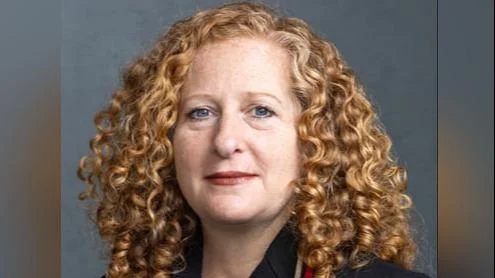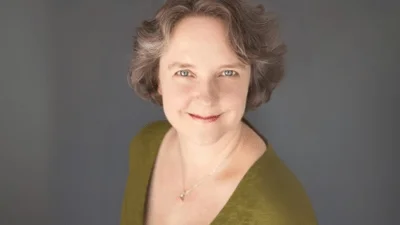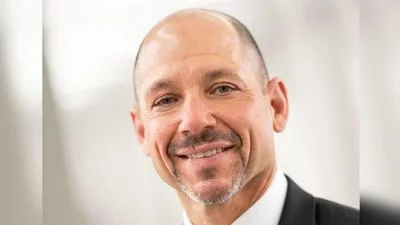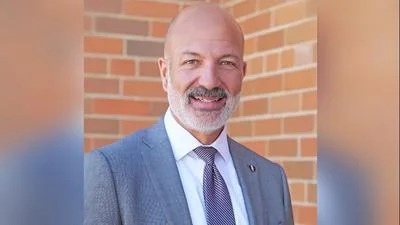Jennifer Mnookin Chancellor | Official website
Jennifer Mnookin Chancellor | Official website
Autistic youth in Wisconsin have been participating in specialized STEM camps designed to meet their unique learning needs, but these opportunities may soon end due to changes in federal funding. Since 2022, three summer camps—The Sky’s the Limit STEM Camp in Beloit, Nature’s Navigators STEM Camp in the Wisconsin Dells, and Zoo Explorers Sensory-Friendly Camp in Madison—have offered free access for neurodivergent students, supported by federal grants.
These camps are among only three nationwide that provide such tailored programming at no cost. They have relied on funding from the National Science Foundation (NSF) to create environments where autistic youth can engage with science, technology, engineering, and math (STEM) without typical barriers. However, recent shifts in NSF priorities mean this summer could be the last for these programs.
“That was pretty crushing,” said Michael Notaro about learning that funding would end for the camps. “It’s disappointing because … we’re supporting science, we’re supporting youth, we’re supporting diversity.”
Notaro directs the Center for Climatic Research at the University of Wisconsin–Madison’s Nelson Institute for Environmental Studies. He has advocated for inclusive STEM education and was invited to speak at the United Nations General Assembly in 2024 to discuss expanding such initiatives globally.
A one-time donation allowed the camps to operate for summer 2025, but without ongoing support their future is uncertain. This situation puts at risk efforts to inspire neurodivergent learners and broaden participation in scientific fields.
The Sky’s the Limit camp offers a flexible environment where students can move around as needed and use resources like fidget toys or noise-cancelling headphones. The approach aims to accommodate different learning styles rather than enforce traditional classroom norms.
Each session begins with affirmations read by Notaro: “Neurodivergence is wonderful,” he tells campers. “The best science is done by a diverse set of scientists from different neurotypes, races and genders.”
Created in 2022 with NSF GEOPaths program support, The Sky’s the Limit uses hands-on activities guided by NASA’s GLOBE Program protocols. Students have flown drones, measured water quality at Goose Creek, studied tree rings, and built mini ecosystems—all while connecting with peers who share similar experiences.
Parents travel from across Illinois and Wisconsin so their children can participate. Margaret Mulrooney of Rockford noted how valuable it was for her daughter Mairead: “It’s a nice experience,” she said. “They don’t always get a lot of time to be around other kids that are like them.”
Notaro explained his motivation came from his own family: “I think a lot of people see autism as a disorder or a disease you try to fix. That’s not the case,” he said. “Neurodiversity is something we want to support.”
While research shows autistic students often express strong interest in STEM fields compared to neurotypical peers, they face greater obstacles continuing into related degrees or careers—a disparity Notaro hopes programs like these can address.
As federal support wanes and future summers remain uncertain for these camps, organizers stress that providing resources tailored to individual needs helps more young people thrive—and could ultimately improve science as a whole.
###






 Alerts Sign-up
Alerts Sign-up